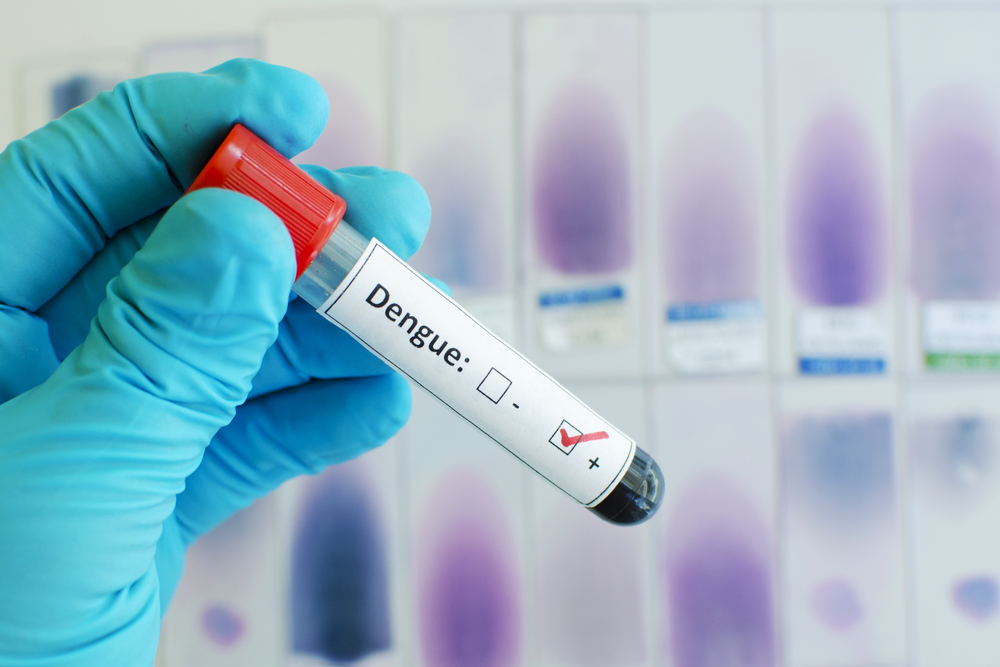Contents:
- Medical Video: 5 Step Process to Treat Anemia Naturally
- 1. Your diet is important!
- 2. Maintain a healthy weight
- 3. Arrange your diet by eating foods that are minimally processed
- 4. Know what foods to avoid
- 5. Drinks
- Neutropenia diet tips for patients with low neutrophil counts
- Tips that need to be considered during neutropenic
Medical Video: 5 Step Process to Treat Anemia Naturally
Proper nutrition is important for optimizing blood cell production and maintaining overall health.
People with bone marrow failure can experience aplastic anemia which is a deficiency in all types of blood cells. It is important to always consult a doctor before changing your diet. Here are some tips for better nutrition if you have aplastic anemia.
1. Your diet is important!
A balanced diet is important for maintaining health and well-being. It is important for aplastic anemia patients to maintain a healthy diet before and after treatment, especially important when treatment takes place. This is to minimize the impact of treatment side effects and to fight fatigue related to treatment.
2. Maintain a healthy weight
Your body mass index (BMI) must be between 19-25.Know your waist circumference. Men must be under 102 cm while women must be under 89 cm.
3. Arrange your diet by eating foods that are minimally processed
Eat a variety of vegetables, fruits, grains, and nuts. Focus on foods high in mineral vitamins, fiber, protein, and energy.Eat a number of foods that come from plants and eat foods with various colors to make sure you meet your nutritional needs.
Eat at least 5 servings (400-600g) of non-flour vegetables and fruits every day.Eat relatively unprocessed grains and nuts every meal.
4. Know what foods to avoid
Limit consumption of energy-dense processed foods.Limit your intake of processed foods, starchy foods and foods that are preserved with salt, or salty foods. Your sodium intake must be less than 2.4 g a day. Keep food safe without using salt.Reduce consumption of 'fast food' - but if you can avoid it altogether, it's even better.
5. Drinks
Water is the best choice of drinks. Drink 8 glasses of water every day.Caffeinated drinks reduce daily fluid intake because caffeine has a diuretic quality.Avoid sugary drinks like soda and fruit juice.
Neutropenia diet tips for patients with low neutrophil counts
If you or someone you care about has been diagnosed with bone marrow failure, or has just undergone a bone marrow transplant, this condition can cause a weakened immune system that requires a special diet.
If you have a very low number of neutrophils (low white blood cell count), ask your doctor for information about a special diet called diet neutropenia. This diet helps you limit exposure to bacteria and fungi that are usually present in food. This will reduce your risk of getting a food-borne disease (food poisoning). If your doctor feels diet neutropenia is the best diet for you, consider consulting a nutritionist. General practitioners or local hospital doctors can refer you to nutritionists in your area.
Tips that need to be considered during neutropenic
- Don't eat blue cheese or cheese that says "aged"On the label.
- Only drink pasteurized drinks to kill germs. The milk you buy from the supermarket is okay to drink. Avoid artificial fermented drinks, such as homemade wine, cider, root beer, ale, vinegar, and non-pasteurized milk.
- Avoid buffet, salad bars and crowded restaurants, where bacteria or bacterial contamination can more easily contaminate your food. Don't try free food samples.
- Do not eat raw or undercooked eggs or undercooked or raw vegetable sprouts.
- Wash and peel fresh fruit and vegetables well before eating them; also avoid raw beans.
- Be sure to cool the remaining hot food before it cools to avoid bacterial contamination.
- Avoid drinking well water.












